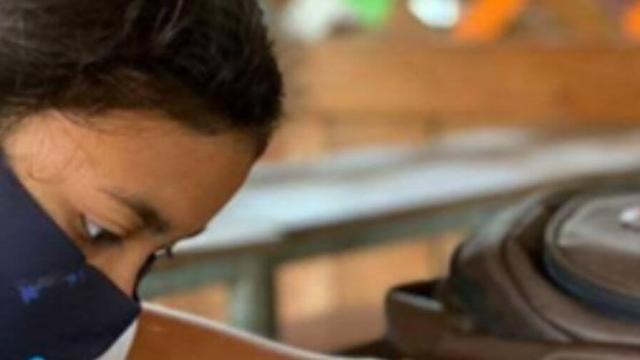Governments must be able to do whatever is necessary to get children learning again, says Aashti Zaidi Hai, Executive Director of Global Schools Forum.
It’s now a year since the Covid-19 pandemic precipitated the unprecedented closure of schools around the globe. At its peak, in April 2020, school systems were closed in 190 counties. As I write today (10 March 2021), 145 million learners are still being impacted, with 26 countries still operating nationwide closures.
This has had a devastating impact on learning, and risks undermining years of progress in increasing access to education. UNESCO estimates that 11 million girls may never return to school, whilst Centre for Global Development analysis suggests that children in the world’s poorest countries may have lost up to one-sixth of their education.
Before the pandemic, about 1 in 5 primary school children and 1 in 4 of those in secondary schools were educated in the non-state sector, which includes low-cost private schools, schools run by NGOs, and schools run in partnerships with national governments. These schools increasingly serve students from very poor communities.
But, as GSF’s rapid review report recently showed, some of these schools will inevitably close without support from governments as well as the private sector and international bodies. This will further damage the educational prospects of children, and place additional strain on public education systems that would have to absorb tens of millions of additional students.
Governments, financial institutions and education funders should rapidly make financial support (whether through grants or low-interest loans) available to the non-state education sector. This would support schools to cover their financial obligations, facilitate reopening and mitigate the loss of income from reduced enrolment. Moreover, we would like to see any programmes set up to help overcome learning losses, particularly for the most vulnerable, opened to the non-state sector and not confined to government schools.
In the face of an educational challenge of this magnitude, governments must be able to do whatever is necessary to make sure children are in school again and learning. This includes, where they see fit, harnessing capacity in the non-state sector.
In this context, it would be concerning if the ability of governments to make their own decisions about how to run their education systems (and indeed the ability of tens of thousands of schools to operate) were to be impinged. Yet, a campaign to get courts and international organisations to adopt the Abidjan Principles risks just that.
The Abidjan Principles purport to codify international law around the right to education. Yet, two years after their launch, the underlying legal justification for the principles has not been published. A recent legal opinion by Ben Emmerson QC, the former UN Special Rapporteur on Human Rights and Counter-Terrorism, found that the principles are biased against non-state education. “The Abidjan Principles are not an accurate statement of the requirements of international law. They enshrine a strong bias against private provision and are deeply ideological in content,” Emmerson writes. “All governments must meet their obligations to achieve the progressive realisation of the right to education but can legitimately do this through a combination of public and private education, providing they maintain overall responsibility for regulation of the education sector.”
Governments should determine the best way to provide education—whether public, private or a combination of both. This is their sovereign choice and, with the stakes so high, for governments and children alike, this must not be curtailed.
As Education Ministries around the world progress their work on re-opening schools and remediating learning loss, Global Schools Forum members and many other quality non-state operators stand ready to do what they can to partner and support governments in their efforts.

